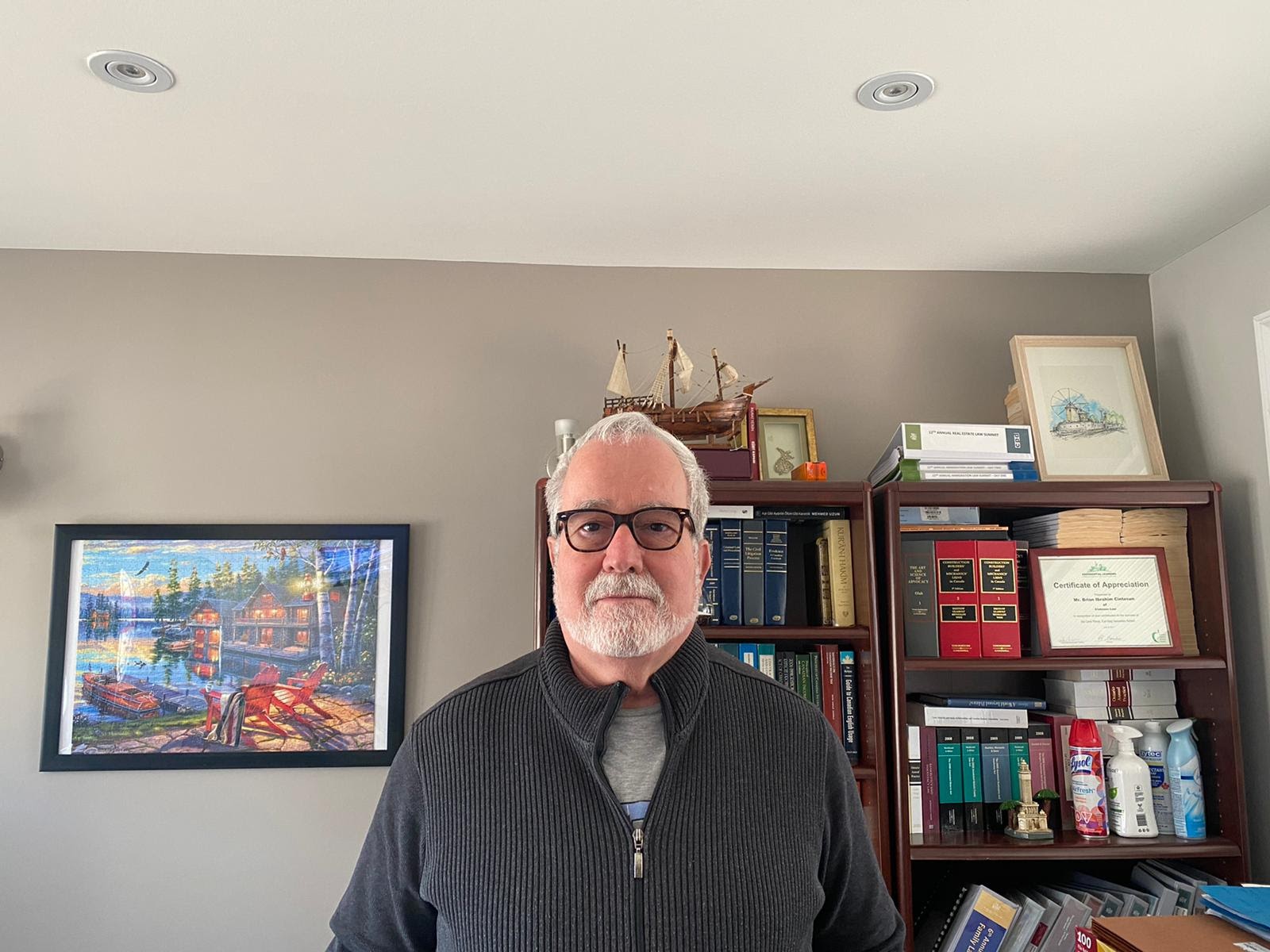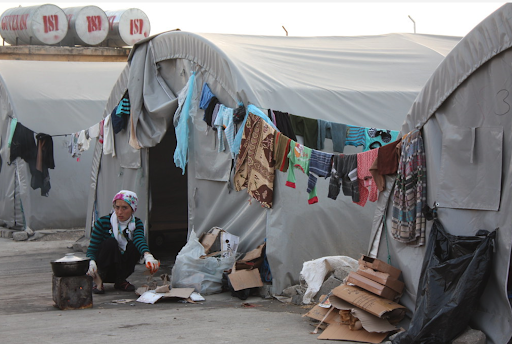There may be a silver lining for refugee claimants amidst this pandemic. As COVID-19 forced most offices to shut down to stop the spread of the virus, remote options are proving to be more efficient than the traditional in-person practice, paving a path for some asylum seekers to become permanent residents sooner.
Brian Ibrahim Clintosun, a lawyer with Legal Aid Ontario is hopeful the virtual hearings will reduce a backlog in refugee claims. He said online hearings currently being done due to COVID-19 protocols are proving to be “fast and effective.”
The Immigration and Refugee Board of Canada (IRB) is slowly reducing its processing backlogs because the number of claims has slowed significantly due to the pandemic. In 2019, the IRB dealt with more than 58,000 claims, but after the coronavirus appeared, the number was reduced by nearly 70 per cent to just 18,500 claims in 2020.
However, there are still nearly 80,000 claims waiting to be processed by the IRB. Applicants usually have to wait at least two years for the IRB to decide if they can stay in Canada.
Although provincial lockdowns initially resulted in a complete stoppage of processing during the early days of the pandemic, the IRB appears to be making some headway through virtual sessions. At the end of 2020, there were 7,517 fewer pending cases than the previous year.
The IRB launched pilot remote hearings last June for its Refugee Protection Division. By January, as COVID-19 cases began spiking again, IRB decided to conduct remote hearings only. Face-to-face hearings are still available but only for sensitive and urgent cases.
IRB said online hearings will continue until at least September “which is when we expect community inoculation rates to be at a rate where it is safe to resume in-person hearings.”
Cintosun says online hearings are beneficial because they are faster and less stressful than face-to-face hearings. Asylum claimants can attend court proceedings using their mobile phone or laptop from the comfort of their homes or the offices of their lawyers or even in IRB offices.

A “comforting” experience
B.A., a refugee from Turkey, is one of the people who have benefited from online hearings. The 43-year old woman crossed the border in Montreal, Quebec last year with her two children.
In order to learn English, she decided to move to Kitchener, Ontario. New Canadian Media has agreed to grant her confidentiality out of concern for her family’s safety.
In February 2021, eleven months after she arrived in Canada, B.A. opted for an online hearing. Her adjudicator and lawyer appeared in Toronto while she answered questions from her home.
“The online hearing is very comforting,” said B.A., who was relieved not to have been in a courtroom. “The asylum hearing ended in less than an hour. Attending the hearing at home made me feel comfortable, and I did not experience any tension.”
Fast-tracked by the remote hearing option, B.A.’s application process took less than a year, half the time it usually takes.
Now that B.A and her children have been granted asylum, she will hopefully be able to bring her husband, who currently remains in Turkey, to Canada.
Border closures impact asylum claims
The pandemic has cooled Canada’s red-hot reputation for accepting refugees that led to significant wait times.
A 2019 report by the Auditor General of Canada said it takes about two years for claims to be processed.
Asylum claims in 2017 reached 50,400, more than double the previous year, and continued to increase until the pandemic hit.
“The surge of claims in 2017 outstripped the government’s capacity to process them within the required timelines, leading to increased wait times…By the end of December 2018, the expected wait time for a protection decision had reached two years,” the report reads.
A January 2017 tweet from Prime Minister Justin Trudeau welcoming those who suffer persecution has been cited as the reason for the sudden influx of refugees to Canada. The surge of refugees coincided with former President U.S. Donald Trump’s policy of reducing immigration while he was in power.
Now it’s the pandemic, not American politics, that’s having the greatest impact on Canada’s immigration system. COVID-19 travel restrictions have significantly cut down the number of refugees seeking asylum in Canada.
From January to March 2020, 3,491 refugee claims were made outside of official ports of entry.
When the US-Canada border was officially closed to non-essential traffic on March 21, 2020, the number of irregular border crossings slowed to 469 cases over the next six months.
But while immigration numbers have declined during the global pandemic, the federal government has unveiled ambitious plans to make up the shortfall.
Last October, Immigration Minister Marco Mendicino said the Liberal government will try to bring in 1.2 million immigrants and refugees over the next three years. But those plans were made before Canada entered into this latest pandemic wave, which once again threatens to paralyze the economy and prolong the closure of international borders.
___________________________________________________________
This story has been produced under NCM’s mentoring program. Mentor: Veronica Cusi
Arzu Yildiz graduated from Istanbul Bilgi University in TV Journalism Department and has worked as a journalist, editor and senior reporter. She has written critical pieces of investigative journalism about unresolved murder cases in the Southeast against Kurdish businessmen and illegal weapons supply to Syria. She has four books published and writes for New Canadian Media.





